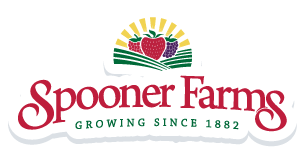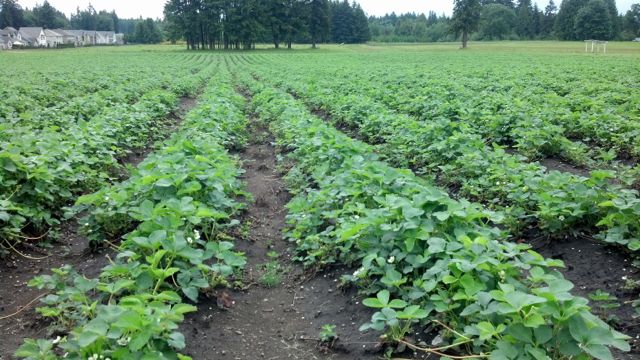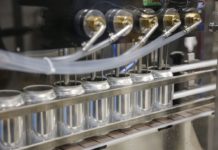 The Ken M. Spooner Farm is a full-fledged raspberry crop production company located in the Puyallup Valley in Pacific Northwest. The company, established in 1955, has managed to brand itself as a top-notch, high-quality raspberry crop production company. Spooner Farms boasts hi-tech crop production technologies which lead to good quality raspberry produce that serves the US market and beyond.
The Ken M. Spooner Farm is a full-fledged raspberry crop production company located in the Puyallup Valley in Pacific Northwest. The company, established in 1955, has managed to brand itself as a top-notch, high-quality raspberry crop production company. Spooner Farms boasts hi-tech crop production technologies which lead to good quality raspberry produce that serves the US market and beyond.
Since establishment, the company primarily deals with two main raspberry plants and crop types including the Flouricane Fruiting which normally bears fruits in summer and the Primocane Fruiting which yields all year round. The company’s production technology emphasizes optimal plant care, leading to high quality and good-tasting raspberry fruit that is capable of sufficing market needs.
The crop production process begins with the propagation of raspberry seedlings. This is normally done in isolated nursery plantations away from the main raspberry plantation farms. To enforce optimal seedling health, the raspberry seedlings are grown on fumigated land that is free from viral and bacterial infections. This leads to high-quality disease-free plants capable of surviving and acclimatizing well upon transplantation.
Spooner Farm is subjected to various State Department of Agriculture inspection and certification procedures where necessary to ensure that the crop production process is of the desired quality, precision, and market needs. The Department of Agriculture inspection process pays close attention to disease control mechanisms, crop handling technologies, production, and storage to ensure they comply with departmental standards.
The Ken M. Spooner Farm has, over the last 50 years, accumulated significant experience in crop propagation, handling, and processing. The company regularly utilizes the experience gained from all those years to progressively improve on crop quality. The company samples out its crop produce and subjects to various crop tests. The results are then used as a basis for initiating and enforcing crop improvements where necessary.
Spooner Farm works towards improving on raspberry crop taste, appearance, size, and maturity durations. To achieve operational efficiency, the company has employed well experienced horticultural farmers and exporters who pay close attention to various market cultural needs to meet them where necessary.
The Spooner Farm has also invested heavily in the process of nurturing small-scale raspberry crop production farmers. To achieve this, the company has partnered with experienced crop production scientists to provide technical knowledge on how to optimize crop production. It also helps small scale farmers to deal with regular raspberry farming issues including diseases and low crop yield.
To optimize crop quality and crop attributes such as taste, the Ken M. Spooner Farm employs crop fertilization as a way of supplementing the soil’s natural nutrients. The fertilizer application process is well-choreographed and is only done after sufficient soil testing and sampling procedures. This ensures that only soil having nutritional deficiencies is appropriately supplemented.
In addition, the company also undertakes regular crop irrigation procedures in cases where the soil is significantly dry, especially in summer. To conserve water, the Spooner Farm employs drip irrigation as an effective and efficient way of delivering water to the raspberry crop’s roots. In general, the company’s crop production technologies are well optimized to ensure high crop yield while meeting specific customers’ demands.






